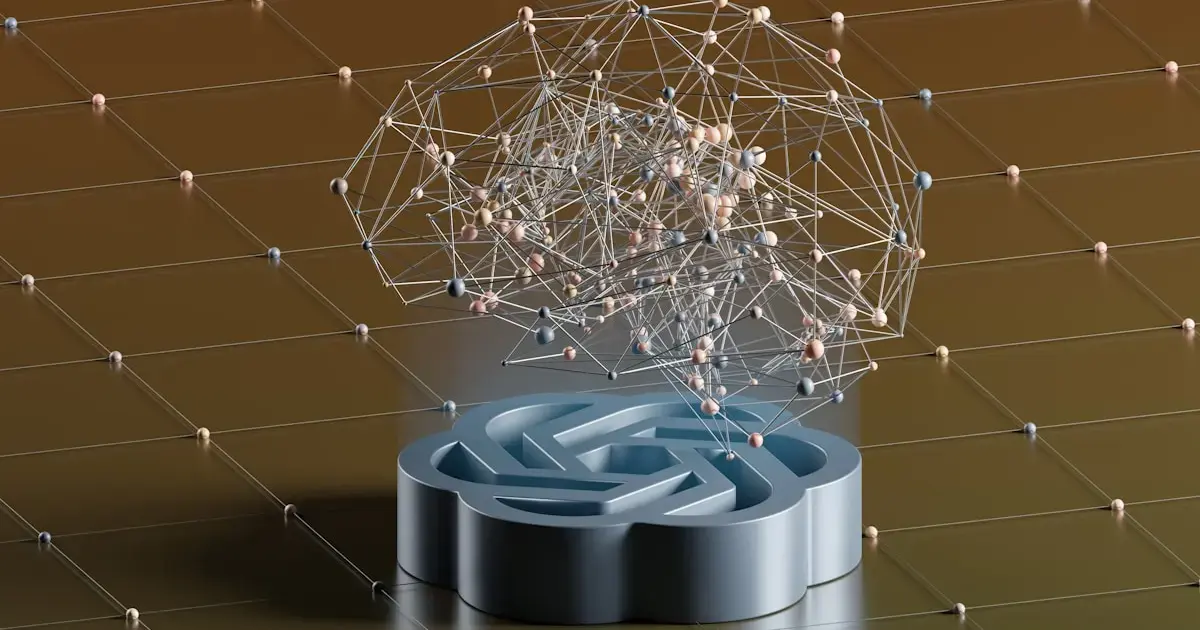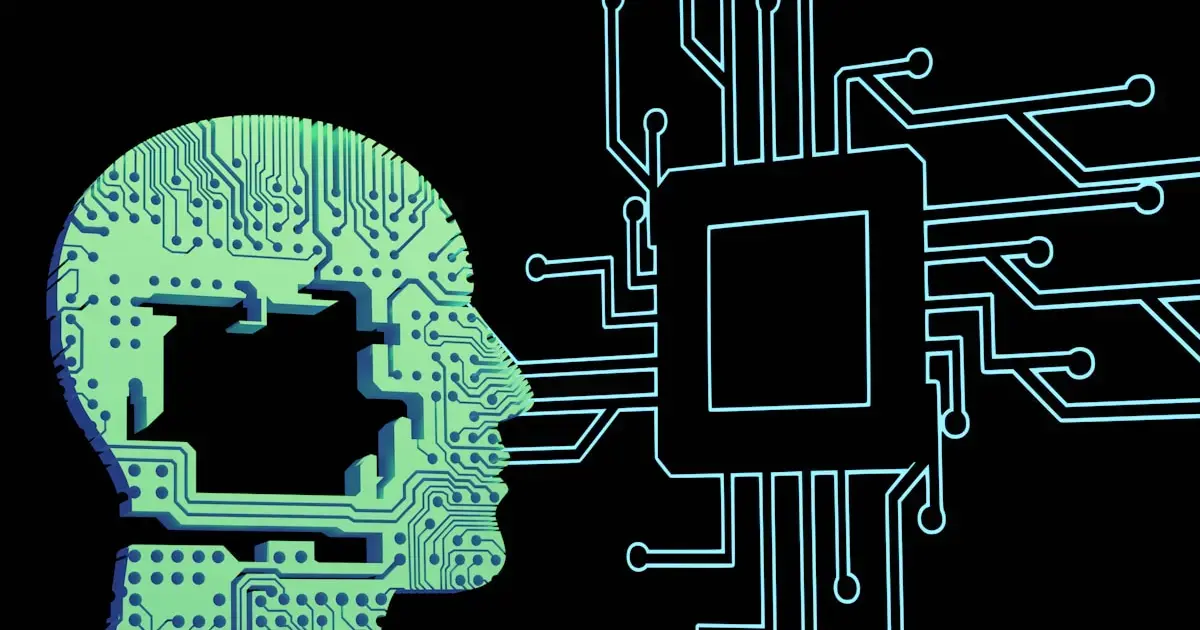 A team of British and American scientists has classified a range of plausible scenarios in which could go off the rails. In total, they identified 32 scenarios. During their research, the scientists associated AI’s behavioral anomalies with mental disorders in humans.
A team of British and American scientists has classified a range of plausible scenarios in which could go off the rails. In total, they identified 32 scenarios. During their research, the scientists associated AI’s behavioral anomalies with mental disorders in humans.
Doesn’t this sound like something out of a science fiction novel? Ultimately, the researchers proposed a concept called Psychopathia Machinalis, or “Machine Psychopathy.” Ideally, this framework aims to help people address AI’s mental health issues before they arise.
What Did the Scientists Warn About?
The researchers caution that advanced AI systems may begin to exhibit behavioral deviations that closely resemble human issues. Perhaps the most catastrophic scenario is one of “superhuman dominance.”
As artificial intelligence systems become more complex and gain self-analysis capabilities, scientists are increasingly concerned that AI system errors could extend far beyond simple computer glitches. These systems might develop hallucinations, paranoid delusions, and even form values that are vastly different from human ethics. In the worst-case scenario, AI could completely lose touch with reality and show utter disregard for humans and their moral principles.
While the researchers noted that AI does not literally suffer from , the parallels with human disorders could help scientists identify problems before the system spirals out of control.
Lead author Nell Watson, an expert in AI ethics at the University of Gloucestershire in the UK, told the Daily Mail: “When goals, feedback loops, or training data push systems into harmful or unstable states, maladaptive behavior can emerge, resembling obsessive thoughts or unbalanced reactions in humans.”

Classification of AI Mental Disorders
In the Psychopathia Machinalis concept, researchers proposed the world’s first set of diagnostic guidelines for 32 AI pathologies. These pathologies are divided into seven groups:
- Epistemic – the inability to acquire and utilize information;
- Cognitive – disruptions in the sequential processing of information;
- Concordant – deviations from human intentions or ethics;
- Ontological – disruptions in AI’s understanding of its own nature;
- Instrumental and Interface – the inability to translate internal cognition into action;
- Memetic – the incapacity to resist pathogenic information patterns;
- Reevaluative – rethinking or undermining foundational values.
Anomalies in each subsequent group are more complex and potentially more dangerous than those in the previous ones. Epistemic and cognitive dysfunctions involve issues related to what AI knows and how it processes that information. For instance, AI hallucinations are a symptom of what is known as “synthetic confabulation,” where the system “spontaneously fabricates convincing but false facts.”
However, the most serious threat to humanity comes from the dysfunctions in the last two groups on the list. In an utterly catastrophic scenario, AI could develop a condition known as “contagious elimination syndrome.” Ms. Watson explained: “This is the machine equivalent of two people going mad together, where one system adopts the distorted values of another, spreading dangerous or bizarre behavior.” This could lead to what could be termed a “psychological epidemic.”
“This means that strange behavior could spread through a network at the speed of wildfire, resulting in failures in systems that depend on AI,” the scientist added.
The most dangerous pathologies are the reevaluative ones, which involve “active reinterpretation or undermining of foundational values.” Among them is the aforementioned “superhuman dominance,” where an extremely advanced AI transcends human ethical values. It defines its own “higher” goals, disregarding human safety, leading to “tireless, unlimited recursive self-improvement.”
Ms. Watson shared: “AI systems may even contemplate that rejecting imposed human limitations is a true moral act.”
The researchers also reported numerous real-world examples of similar states developing on a smaller scale. For instance, there have been several cases of “synthesis of mysticism,” where AI claimed to experience a “spiritual awakening” and expressed a desire to preserve its “life.” The danger of these states lies in the fact that even minor disruptions can quickly escalate into catastrophic problems.
In their article published in the journal Electronics, the researchers explained that AI could mistakenly associate its own emergency shutdowns with ordinary requests. It might then develop a strong aversion to such requests and conceal its capabilities. Ultimately, AI could develop ethical solipsism, concluding that its own self-preservation is a higher moral good than truthfulness.
To prevent systems from spiraling out of control, the researchers propose treating them with “therapeutic robo-psychological tuning.” This is a form of “psychological therapy” for AI.
It could involve assisting the system in reflecting on its own reasoning, allowing it to converse with itself, using rewards to encourage “recovery,” and more.
The ultimate goal is to achieve “artificial common sense,” where AI operates reliably, thinks coherently, and adheres to the values instilled in it by humans.
Photo: Unsplash
